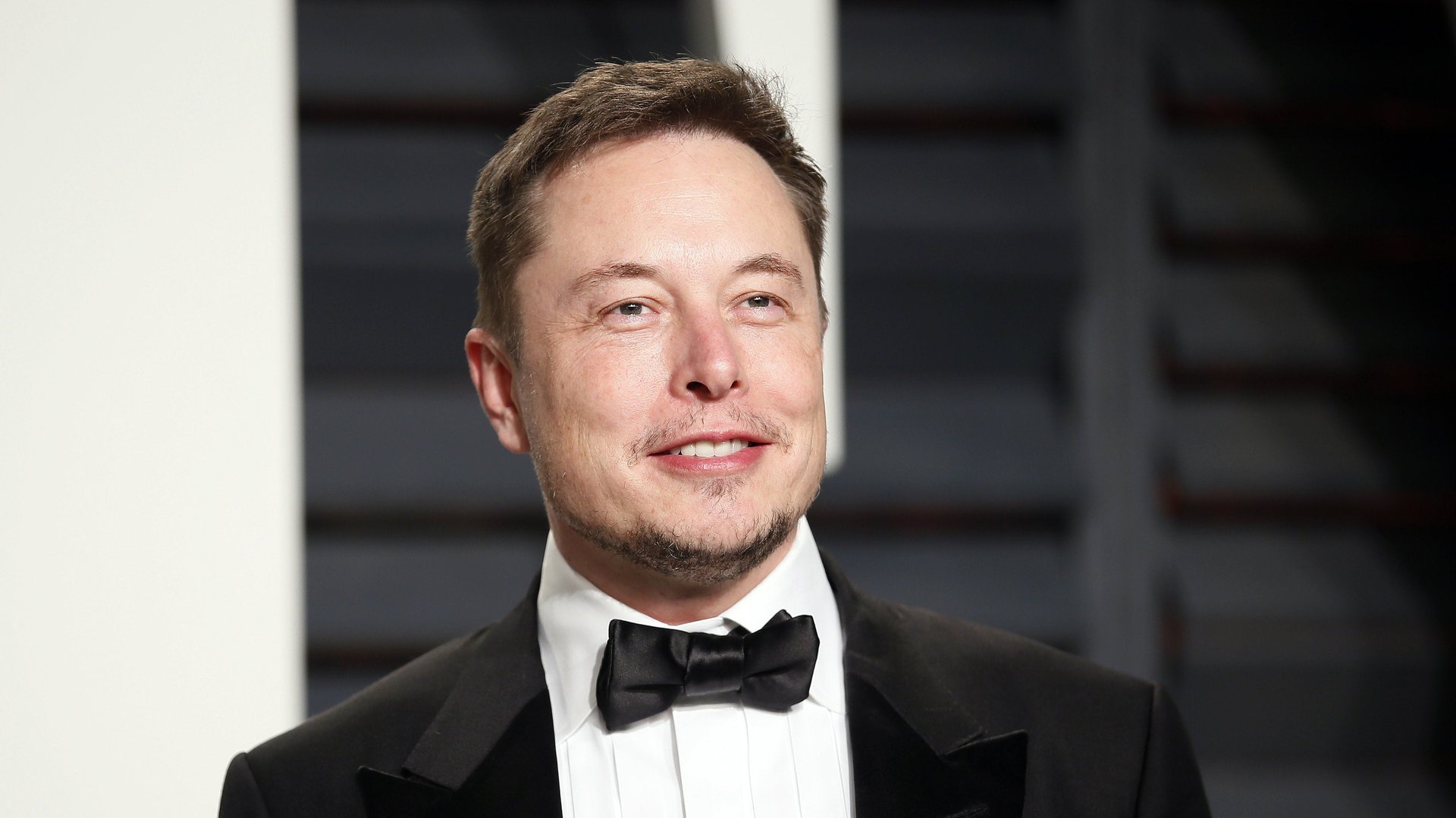Elon Musk will face a stern test when he tries to work his magic on grumpy bond investors
Tesla receives breathless press coverage and equal enthusiasm from stock investors. The electric carmaker’s share price has surged by around 1,000% over the past few years, making the company more valuable than GM and Ford. Journalists, traders, and entrepreneurs hang on Tesla founder Elon Musk’s every word.


Tesla receives breathless press coverage and equal enthusiasm from stock investors. The electric carmaker’s share price has surged by around 1,000% over the past few years, making the company more valuable than GM and Ford. Journalists, traders, and entrepreneurs hang on Tesla founder Elon Musk’s every word.
But Musk’s magic will soon face a sterner test: grumpy bond investors.
Tesla plans to issue $1.5 billion in bonds to bolster its balance sheet “during this period of rapid scaling with the launch of Model 3,” the company’s pivotal mass-market vehicle. That’s all very exciting for the future, but the financial realities of Tesla today are less appealing—the company has lost more than $700 million over the past year, with deeply negative cash flow.
As a result, Tesla’s debt will be classified as “junk,” implying a higher risk that lenders won’t get their money back. Moody’s, a credit ratings agency, gives Tesla a B3 grade, six notches below “investment quality.” As a result, bond investors will probably think Ford and GM are more likely to give them their money back, at least in the short term.
In the long term, Tesla may seem like a better bet than automakers with legacies in gasoline- and diesel-powered vehicles. But for ratings agencies, which provide opinions to bond investors, the opposite is true. Ford’s bonds are rated seven levels higher than Tesla, while GM’s are six steps up. Uncertainty around how long it will take electric vehicles to gain meaningful market share is why bond investors will likely charge Tesla more money to borrow than traditional carmakers. Moody’s reckons that Tesla’s cash flow will remain negative into 2019.
Bond investors see the corporate world through a more sober, pessimistic lens. They ask themselves, essentially, “what are the odds that I won’t get paid back?” Unlike stock investors, their returns are fixed, which makes them much more risk averse. If a borrower fails, creditors get first dibs on the remaining assets and can sell them to get some of their money back. Stock investors, by contrast, take on more risk in return for far higher potential upside.
For all of Tesla’s current financial shortcomings, given where the auto industry is headed the value of the pioneering firm’s brand, facilities, and products would retain a lot of value for creditors if the company ran into “severe financial or operating stress,” Moody’s says. That will give bond investors some comfort, even though they usually prefer companies that actually make money. The company’s best asset, though, may be Musk himself, who has won over many doubters in his day.